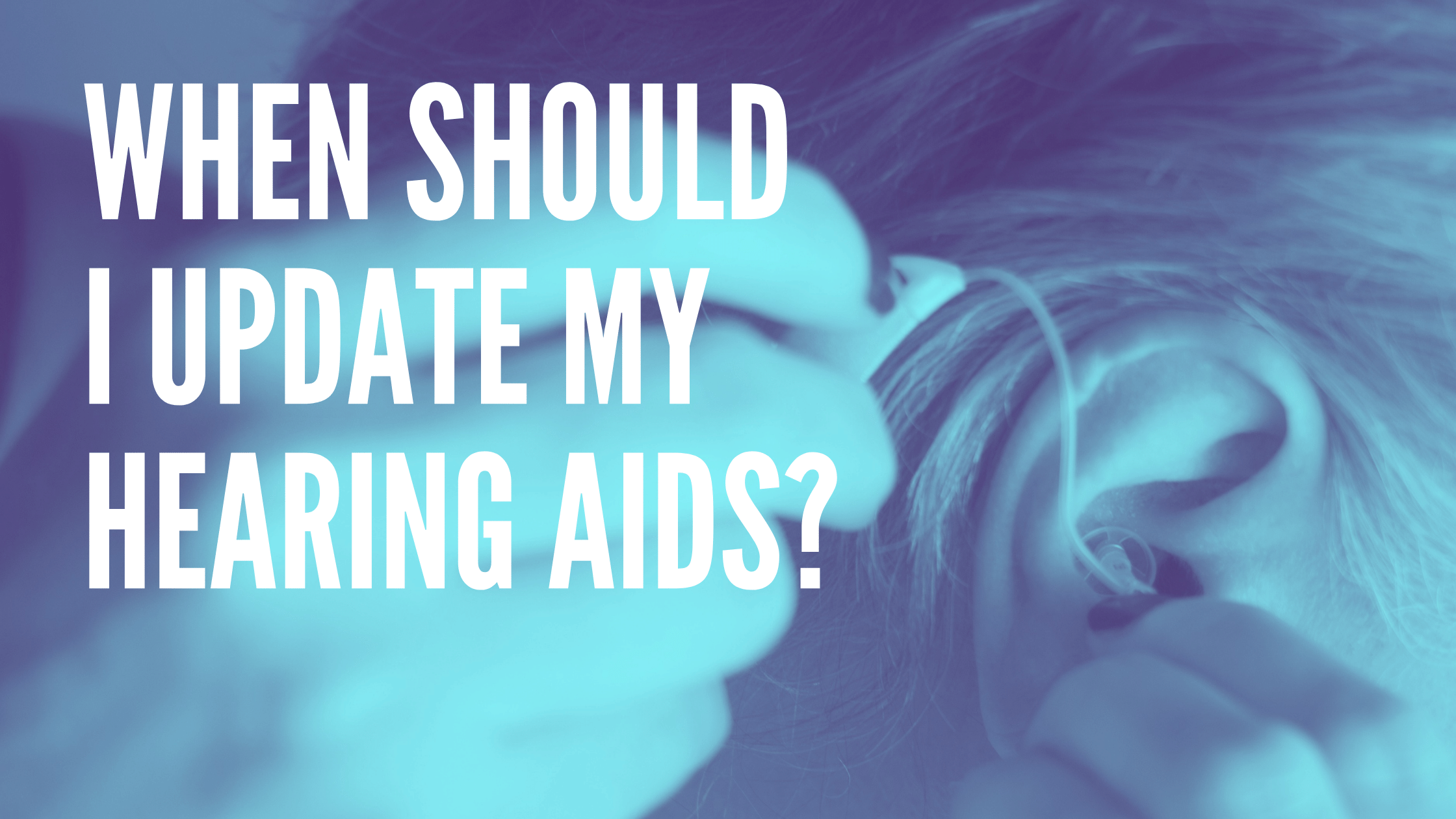- Common Hearing Aid Problems & How to Fix Them - June 14, 2021
- Why People Avoid Treating Hearing Loss — and Why You Should Schedule a Hearing Test! - May 21, 2021
- Common Hearing Aid Problems & How to Fix Them - May 14, 2021
Hearing aids are sophisticated technological instruments that live in the relatively inhospitable environment of our ear canals or behind the ear. Because they spend so much time in direct contact with our skin oils, hearing aids cannot be expected to last forever. The build quality of your hearing aids is an important factor in how long they will last, but because each of our bodies is different, it isn’t possible to predict exactly how long a set of hearing aids will serve you. It’s necessary to check on them periodically, perform maintenance, and see how they’re holding up over time.
How Long Should My Hearing Aids Last?
Those with very little and drier earwax might be able to keep a set of hearing aids for up to 7 years, while those with wetter earwax and/or higher pH skin oils may have to replace their hearing aids every 3 years or so. The humidity in the area of the country you live in also plays a role, as does your lifestyle. If you exercise a lot (or otherwise sweat a lot) you can expect a shorter lifespan for your hearing aids.
Then of course it also depends how well you care for your hearing aids. Those who clean them carefully and religiously every evening can expect them to last longer, as well as to provide better sound quality day to day. Careful cleaning and use of a hearing aid dehumidifier (if recommended) will go a long way toward keeping your hearing aids in good shape. Regular maintenance is necessary for everyone, but those who produce more earwax may need more regular maintenance to get earwax out of speaker and microphone cavities.
If you’ve been wearing the same hearing aids for a while and you’re wondering whether it’s time for an upgrade, there are a few things to consider.
Are Your Hearing Aids Working Well?
If your current hearing aids are noticeably underperforming, bring them to a hearing healthcare provider to see if anything can be done. Sometimes a good cleaning or a replacement part can make them work perfectly again, or your hearing healthcare provider might notice rust or other problems that prevent them from functioning properly and recommend a replacement.
Ask for a “test box” measurement, which will determine whether your hearing aids are meeting the performance targets set by the manufacturer. This will determine whether your hearing aids need attention. Our hearing loss profiles can be expected to change over time, so it could be that refitment is all that is necessary, or it might be that your hearing aids have worn out.
Are Your Hearing Aids Working with Your Current Lifestyle?
Lives change and people may have needs they didn’t anticipate years before. Maybe when you got your current hearing aids, you were mostly at home, but since then you’ve started taking more walks or joined a social group. Maybe you’re realizing that a set of hearing aids that can integrate with your new car’s audio system or your smartphone would be beneficial to you. Whatever the case, if you’re frustrated by the technical limitations of your current set of hearing aids, it may be a good idea to look at a new pair.
Do You Want to Take Advantage of Newer Hearing Aid Tech?
Aside from how they may integrate into your lifestyle, major advancements have been made in the last few years in terms of what hearing aids can accomplish on their own. Powerful DSP (digital signal processing) now underpins most hearing aid platforms and can allow them to amplify speech but leave out background noise, and even use multiple microphone and speaker arrays to drastically improve environmental spatial location cues. This is all accomplished in smaller packages with longer-lasting batteries than ever before.
These technologies not only make conversation easier but improve balance and generally make the sound from your hearing aids feel more “real.” Some models of newer hearing aids are touted to improve hearing ability, in some cases, to that of a normal-hearing 20-year-old person. The aforementioned speech emphasis technology, in situations with a lot of background noise, can improve the ability to distinguish speech in noisy environments better than normal.

